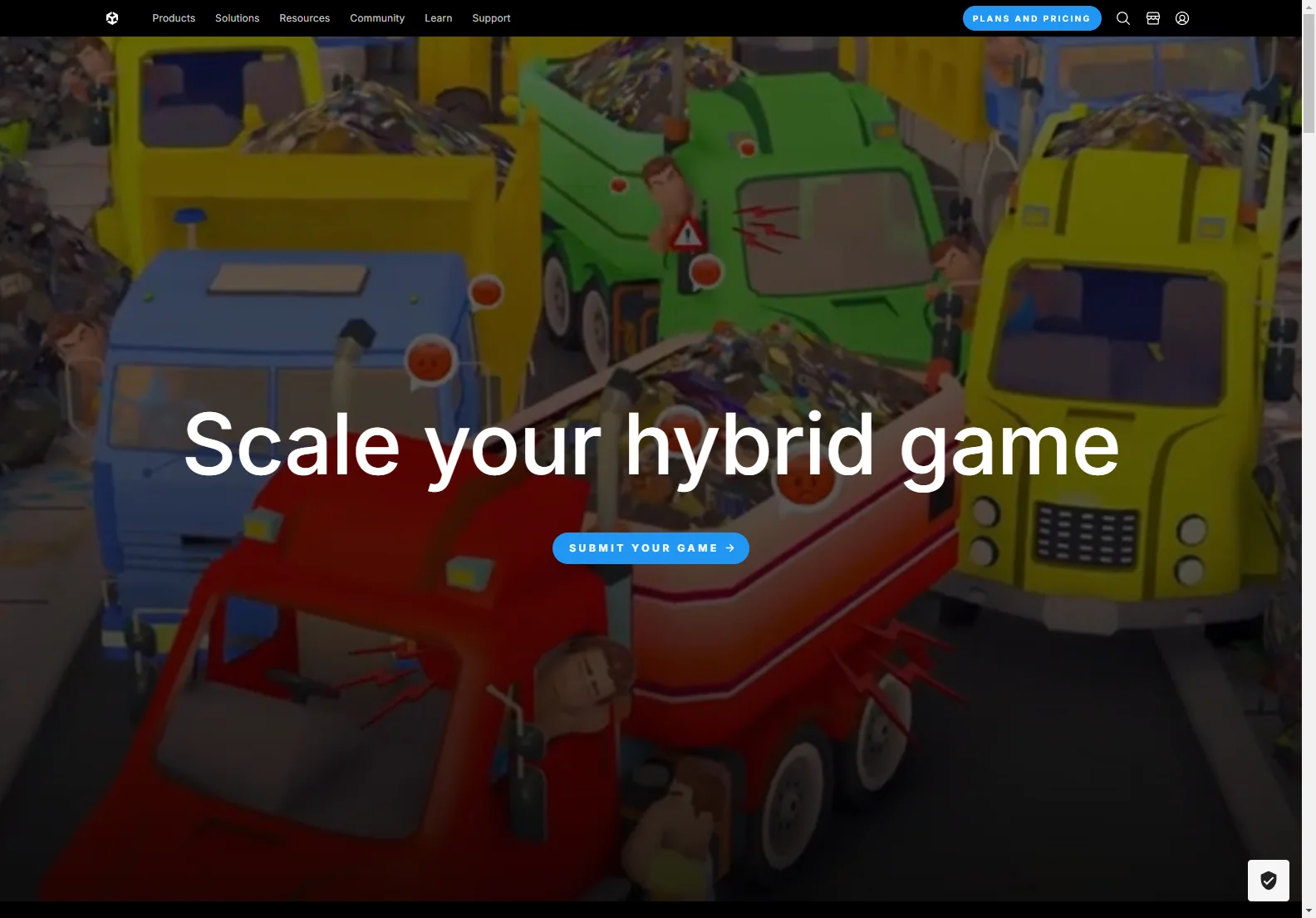Unity Real-Time Development Platform: A Comprehensive Guide
Unity is a leading real-time 3D development platform used to create interactive 2D, 3D, VR, and AR experiences. It's renowned for its versatility, powering games, immersive simulations, architectural visualizations, and more. This guide explores Unity's key features, benefits, and applications.
Key Features of Unity
- Cross-Platform Development: Deploy your projects across a wide range of platforms, including Windows, macOS, Linux, iOS, Android, web browsers, consoles, and more, with a single codebase.
- Powerful Engine: Unity's robust engine provides advanced rendering capabilities, physics simulations, and animation tools.
- Extensive Asset Store: Access a vast library of pre-built assets, including models, scripts, and sounds, to accelerate development.
- Visual Scripting: Use Bolt, Unity's visual scripting tool, to create game logic without writing traditional code.
- Collaboration Tools: Collaborate seamlessly with your team using Unity's version control and cloud-based services.
- AR/VR Support: Develop immersive augmented and virtual reality experiences using Unity's integrated AR/VR tools.
Benefits of Using Unity
- Reduced Development Time: Unity's tools and asset store significantly reduce development time and costs.
- Increased Efficiency: Streamline workflows with Unity's intuitive interface and powerful features.
- Enhanced Creativity: Unleash your creativity with Unity's versatile tools and extensive asset library.
- Strong Community Support: Benefit from a large and active community providing support, tutorials, and resources.
- Scalability: Unity scales to meet the needs of both small indie developers and large enterprise teams.
Applications of Unity
Unity's applications span various industries:
- Game Development: Create 2D and 3D games for mobile, PC, consoles, and web.
- Automotive: Develop interactive simulations and training tools for automotive design and engineering.
- Architecture: Create immersive architectural visualizations and virtual tours.
- Film and Animation: Produce high-quality animations and visual effects.
- Medical Training: Develop interactive medical simulations and training programs.
Comparisons with Other Game Engines
While Unity is a dominant player, other engines like Unreal Engine offer distinct advantages. Unreal Engine often boasts superior graphical capabilities, but Unity's ease of use and cross-platform support make it a strong contender for many projects. The best choice depends on project specifics and team expertise.
Conclusion
Unity is a powerful and versatile real-time 3D development platform suitable for a wide range of applications. Its ease of use, extensive features, and strong community support make it a popular choice for developers of all skill levels.

